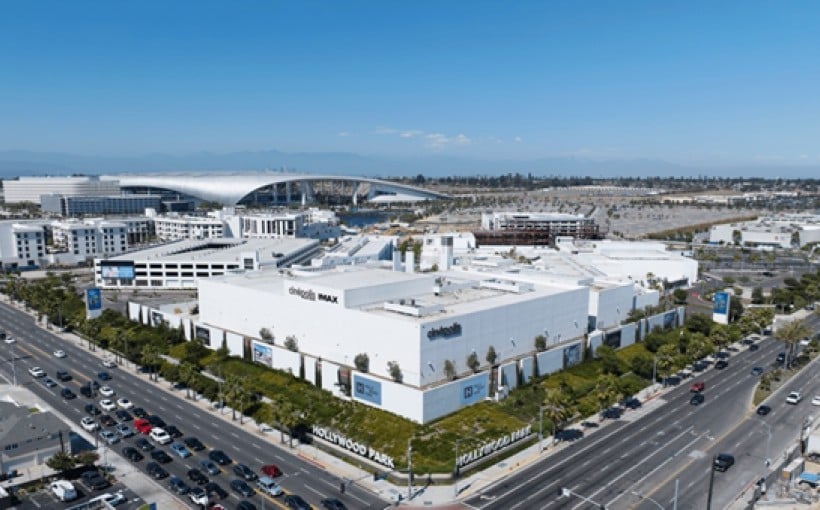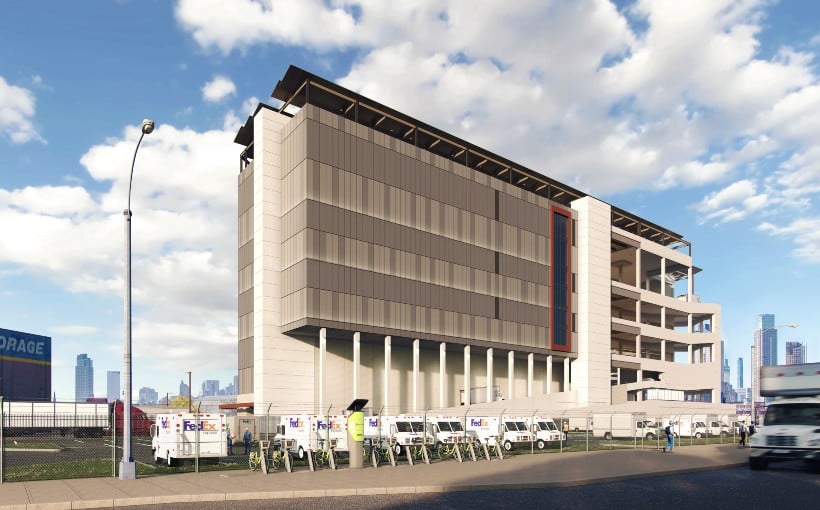Kristen Vosmaer is a managing director at JLL and an expert in the data center industry. According to the recently released “2025 Global Data Outlook” by JLL, the data center market is expected to experience significant growth with a compound annual growth rate of 15% through 2027, with potential for even higher growth. This rapid expansion has been anticipated but there have been uncertainties surrounding timing and technology.
The report highlights that factors such as increasing usage of artificial intelligence and powerful graphics processing units are driving demand for data centers. However, this also raises concerns about power consumption and grid capacity.
While data centers currently account for only 2% of global electricity consumption, their demand is projected to increase significantly in the coming years. As other industries also require more power, solutions need to be found to meet these demands without causing delays or disruptions in development.
One solution being explored is small modular reactors (SMRs), which can provide reliable power from 1.5-300 MW while being more environmentally friendly than traditional methods like fossil fuels or nuclear plants. However, there are still challenges surrounding technology advancement and public perception that need to be addressed before widespread adoption can occur.
Investor interest in data centers remains strong as seen by record levels of development financing reaching $170 billion by 2025 according Carl Beardsley , U.S Data Center Leader at JLL . While historically only a few lenders were involved in large construction deals due technical complexities involved with lending on these projects; this trend has changed over time as more lenders look for ways get exposure within this niche sector .
Cooling technologies present another challenge facing developers when it comes designing efficient systems capable preventing overheating within facilities . The report notes advancements cooling processes including energy-efficient chip architectures advanced liquid cooling systems have emerged help address issue .
Vosmaer believes air-cooled technology will continue play role overall operations strategy however supply side already implementing liquid cooling within turnkey solutions. This means facilities must be ready to maintain these new systems and manage different service-level agreements compared traditional room temperature humidity controls.
Another emerging form of cooling – immersion technology – is still in planning stages but expected become more prevalent AI facilities as it requires shift structural design. As the data center sector continues grow, it will be important for developers and operators stay ahead of technological advancements ensure efficient operations and meet increasing demand for data storage capabilities.




